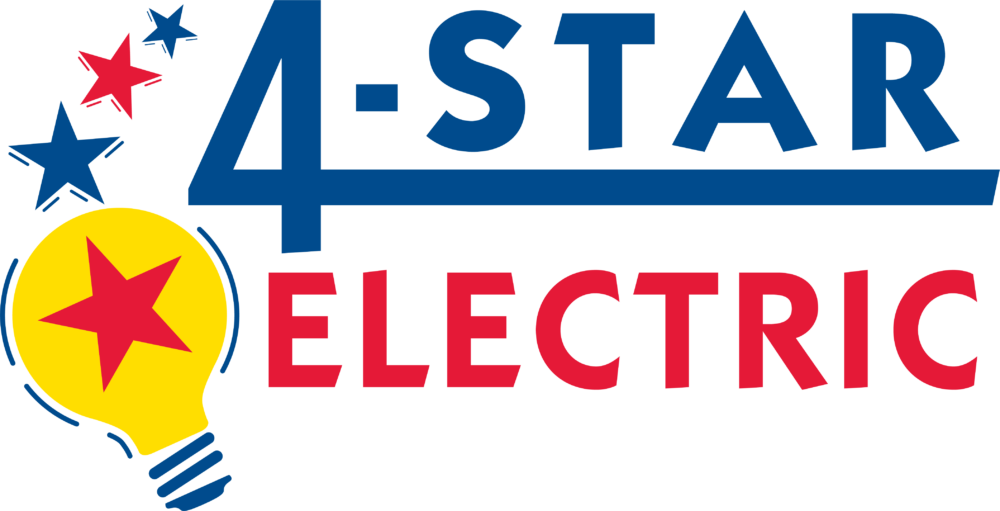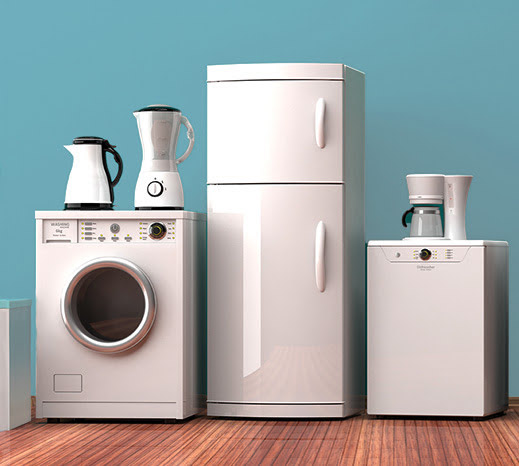Summary:
- The biggest energy guzzlers in your home include central air conditioners, traditional hot water tanks, older refrigerators, electric clothes dryers, and electric ovens/stoves. Choosing more efficient models, such as ductless mini-split ACs, tankless water heaters, and induction cooktops, can help reduce your energy usage.
- ENERGY STAR-rated appliances can also help save electricity, lowering your bills and contributing to environmental protection. The potential energy savings can offset the initial costs of these energy-efficient appliances over time.
- To further cut energy consumption, consider adopting habits like unplugging devices when not in use, using appliances during off-peak hours, and regular maintenance of appliances.
- If your home's electrical system is outdated, it could be causing inefficiencies and increased energy costs. Upgrading electrical panels, wiring, and outlets with the help of 4-Star Electric’s licensed electricians can improve energy efficiency and safety.
With electricity costs rising and the importance of environmental stewardship becoming ever clearer, it’s never been more important to manage your energy consumption. One of the most effective ways to do this is to identify the appliances in your home that use the most electricity. Doing so can help you make informed decisions about the way you use these devices, saving you money on utility costs and reducing your environmental footprint.
As some of Calgary’s best electricians, our team has performed electrical inspections all over the city, and we’re extremely familiar with how much power is used by modern appliances in homes like yours. Follow along to learn how much electricity your appliances are drawing and how to use them as efficiently as possible.
The Top Energy-Consuming Appliances in Calgary Homes
While individual brands and models vary, certain types of common household appliances typically consume more energy than others. These differences are often significant enough to have a noticeable impact on your monthly utility bills, so here's a more detailed look:
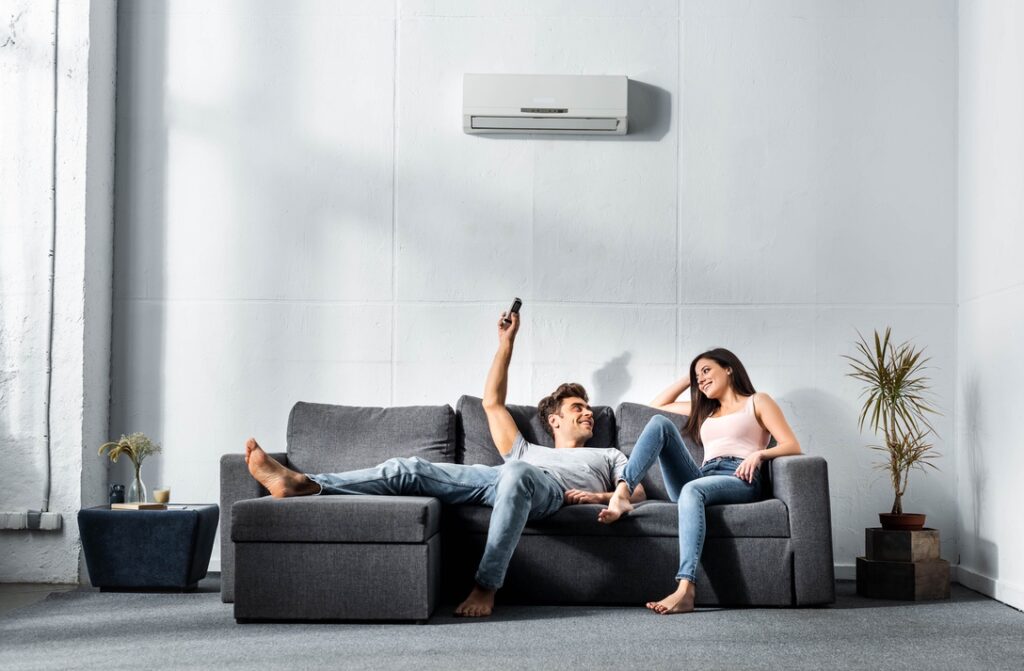
Air Conditioners
The type of air conditioning system you have can greatly impact energy consumption.
- Central air conditioning units use around 3,500 watts per hour.
- Ductless mini-split systems use between 500 to 2,000 watts per hour.
In small spaces, this makes ductless mini-splits an easy way to stay cool while using fewer resources—but since you’ll usually need multiple units to cool larger spaces, central AC tends to be most efficient there.
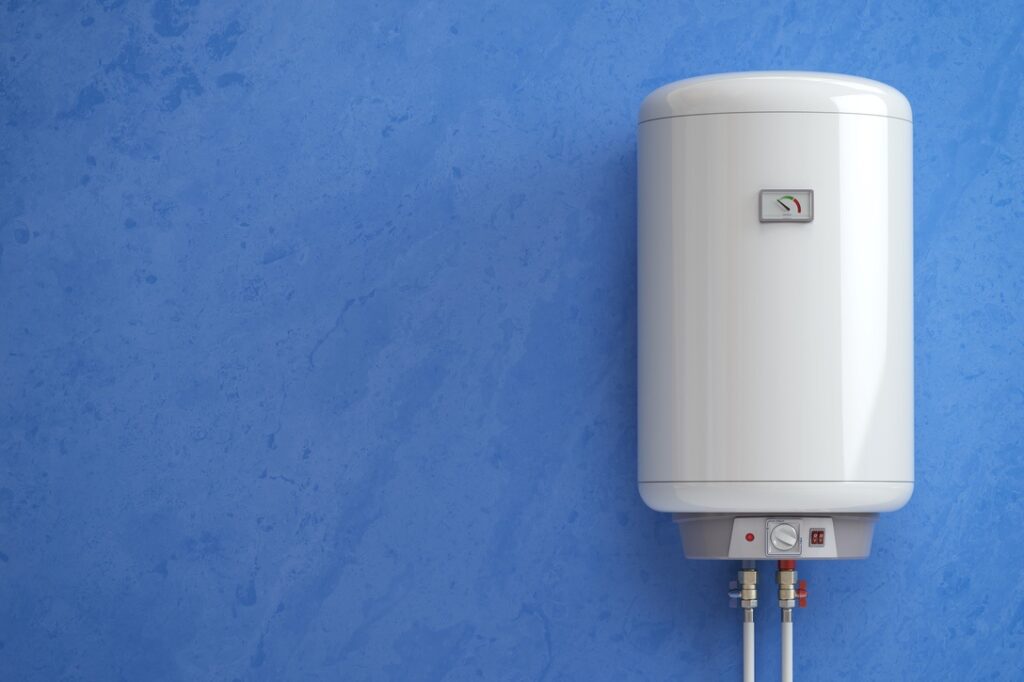
Water Heaters
Hot water tanks and tankless water heaters are both popular ways to keep your water hot—but they use energy very differently.
- Traditional storage tank water heaters, which keep a tank of water heated at all times, consume between 4,500 and 5,500 watts per hour.
- Tankless water heaters, which heat water only as needed, use around 30 to 50 percent less energy, depending on usage. This equates to about 1,500 to 3,000 watts per hour of consumption for gas and electric tankless models respectively.
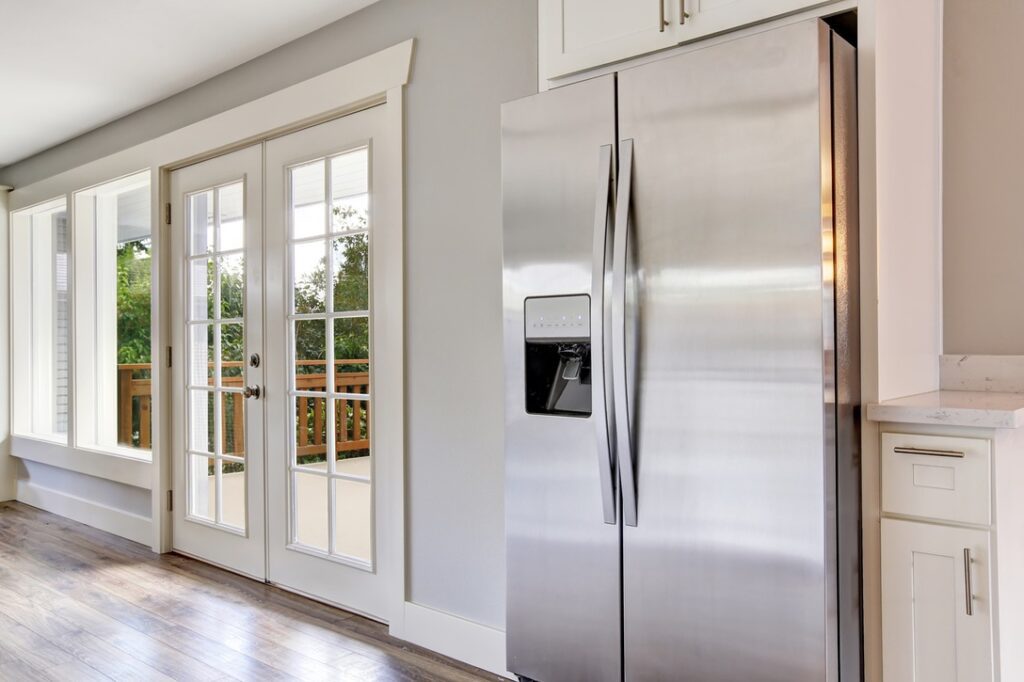
Refrigerators and Freezers
The size, model, and age of your refrigerator or freezer can drastically impact its energy consumption.
- A modern ENERGY STAR-rated refrigerator uses about 350-400 watts per hour.
- Older models may use 600 watts per hour or more.
When it comes to freezers, chest freezers use less energy (around 100-200 watts per hour) compared to upright freezers (300-800 watts). This is due to better insulation and less cool air escaping when the door is opened.
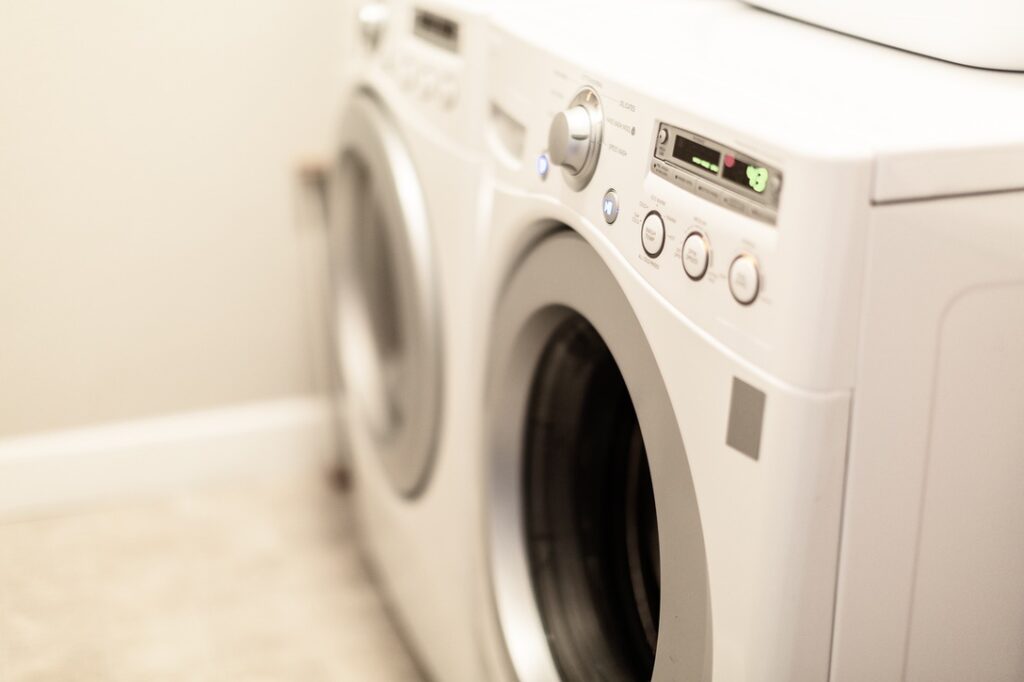
Clothes Dryers
The type of power source your dryer uses can have a serious impact on your monthly electricity bills.
- Electric clothes dryers use around 3,000 watts per hour.
- Gas dryers use around 1,000 watts per hour, but also use natural gas.
However, since natural gas is significantly cheaper than electricity in Alberta, gas dryers often have lower running costs.
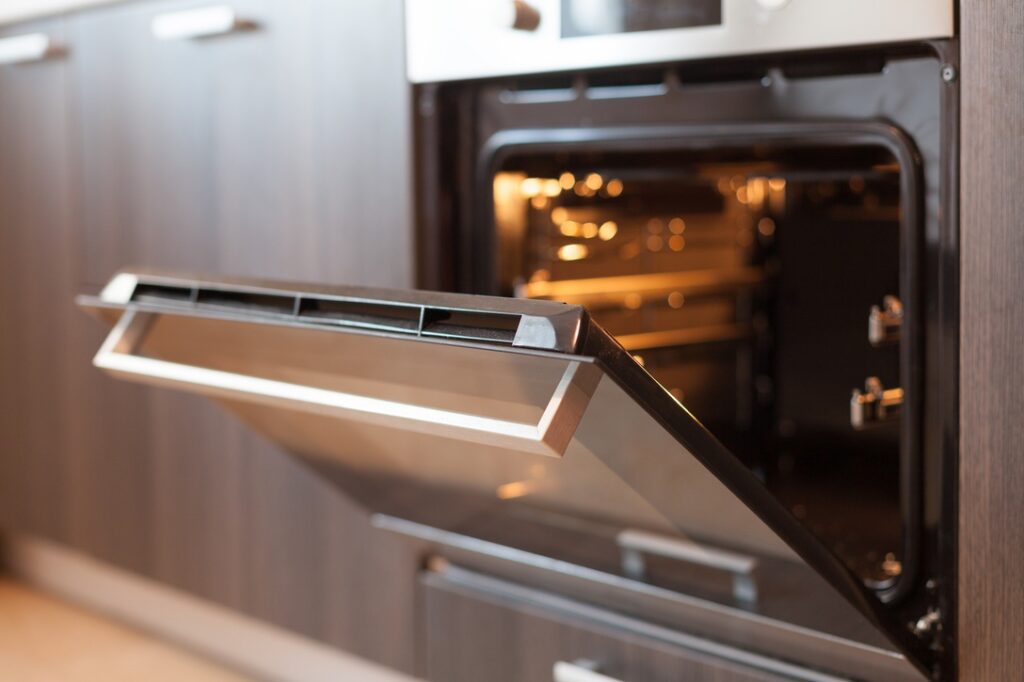
Electric Ovens and Stoves
- A traditional electric oven uses around 2,000-5,000 watts (depending on the temperature and mode of operation).
- An electric stove uses around 1,200-3,000 watts (depending on how many burners are being used).
- Induction cooktops, which heat pans directly using magnetic fields, use about 30% less energy than traditional electric stoves, consuming approximately 1,300-2,100 watts.
Understanding the energy consumption of the appliances listed above can help you make informed decisions when buying new appliances. You’ll also want to consider the energy efficiency rating of any new appliances you buy, which we’ll cover next.
The Role of Energy Efficiency Ratings
Energy efficiency ratings play a crucial role in assessing and choosing appliances. For example, ENERGY STAR-certified appliances must meet stringent efficiency requirements set by the Environmental Protection Agency, making them more energy-efficient than non-certified options.
Choosing ENERGY STAR-certified appliances not only reduces your energy consumption and lowers your utility bills, but it also helps protect the environment by reducing greenhouse gas emissions. The cost savings associated with lower energy consumption can offset the higher upfront costs of energy-efficient appliances over time.
Tips for Reducing Energy Consumption
You don’t always have to replace the appliances you use at home. In many cases, lowering energy usage can be as simple as adopting new habits and making informed choices. Here are some tips:
- Unplug Devices When Not in Use: Even when turned off, many appliances continue to draw power. Unplugging devices when they're not in use can lead to significant energy savings over time.
- Use Appliances During Off-Peak Hours: Depending on where you live and who provides your electricity, you may be subject to TOU (time of use) rates where the amount you pay changes at different times. Off-peak electricity hours in Alberta typically fall between 9:00 PM and 7:00 AM, so shifting energy-intensive tasks to these times is a reliable way to reduce the amount you pay for your electricity if this applies to you.
- Maintain Appliances for Optimal Efficiency: Regular maintenance can keep your appliances running efficiently, reducing their energy consumption. For example, keeping your refrigerator coils clean or ensuring your dryer vent is not obstructed can make a big difference.
- Upgrade to Energy-Efficient Appliances: When it's time to replace an appliance, consider choosing an ENERGY STAR-certified model. The energy savings over the appliance's lifespan can often more than make up for the higher initial cost.
Why Upgrading Your Electrical System Can Prevent Electricity Wastage
If your home has an outdated electrical system, it may be contributing to inefficiencies and ultimately leading to higher energy costs over time. Old wiring, electrical panels, and outlets may not deliver power as efficiently as newer systems. They can also pose safety risks, such as electrical fires.
Upgrading your electrical system can solve these problems, but this is a task that should only ever be performed by a licensed electrician. To learn more about the most cost-effective way to upgrade your home’s electrical system, contact our professionals at 4-Star Electric. We can assess your current system and recommend upgrades that will reduce the risk of wasting power or creating a safety hazard.
